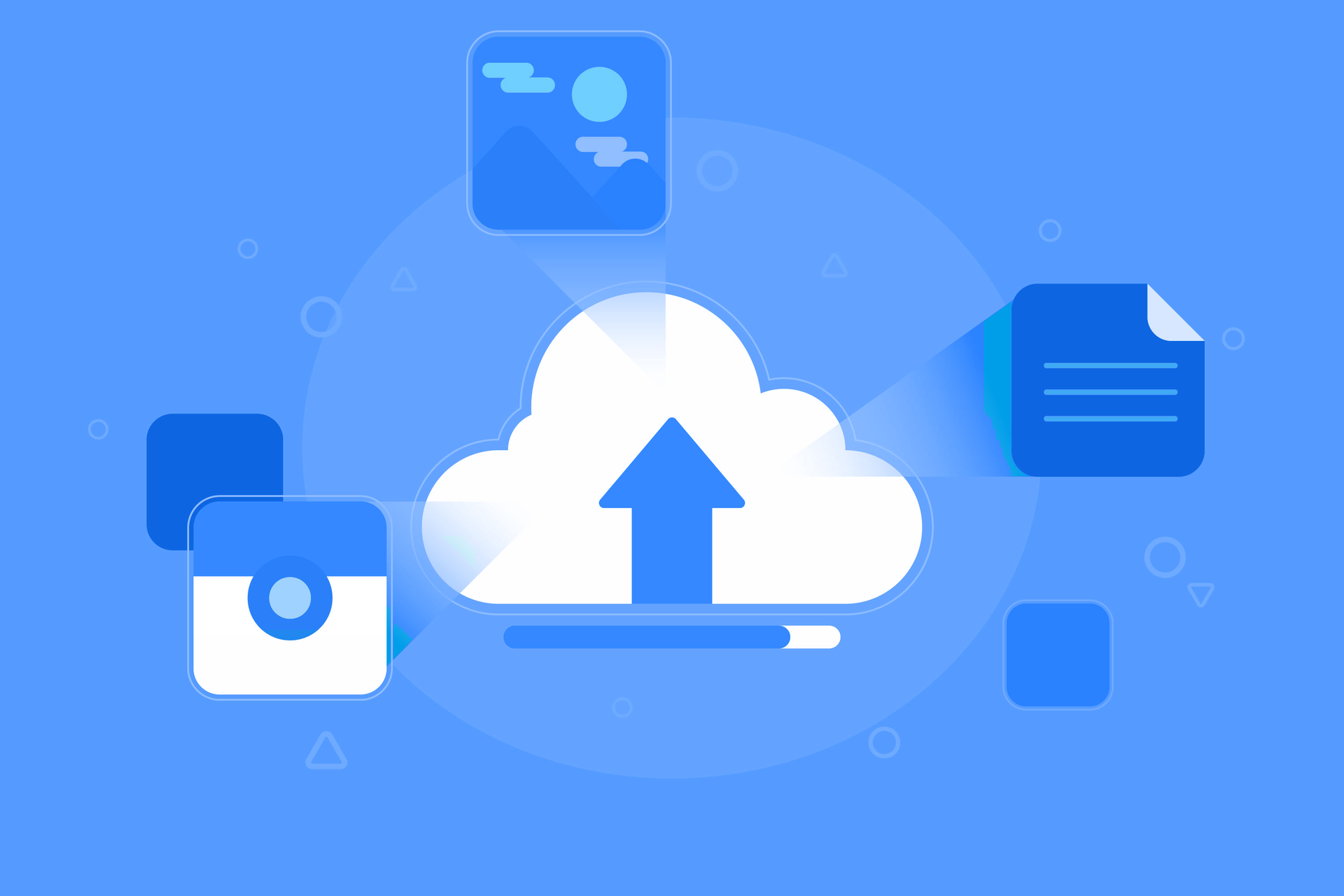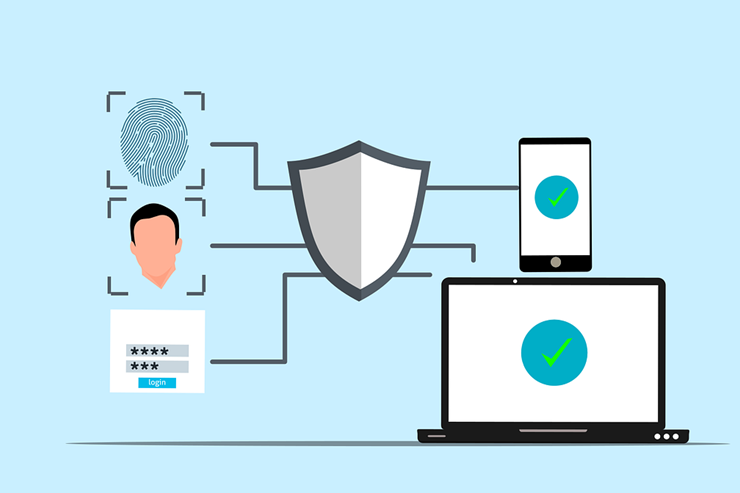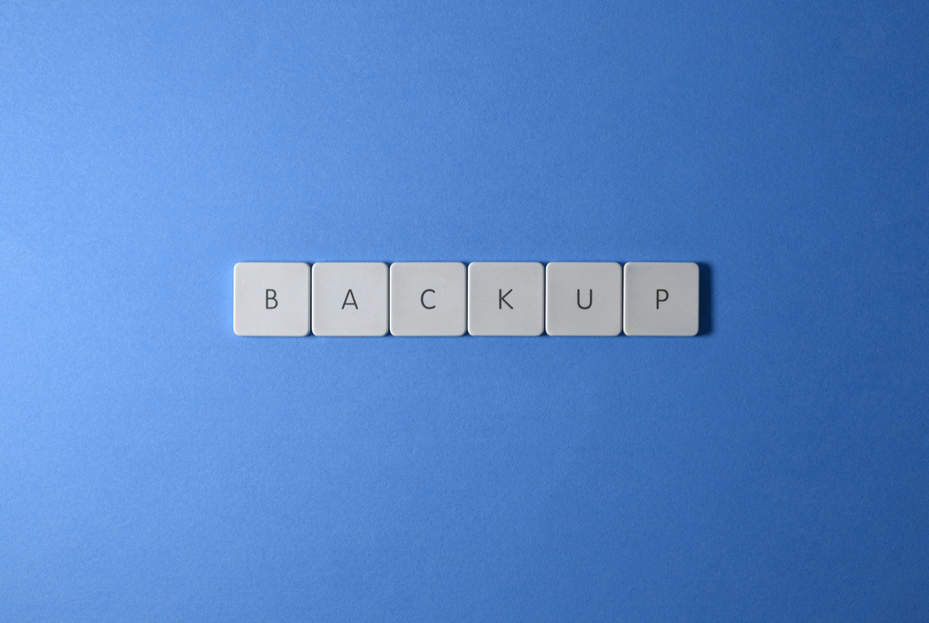Blockchain is much more than Bitcoin
April 10, 2018

Blockchain technology is very complex. So instead of diving in to what makes it work, we want to first showcase what it’s capable of. The primary purpose of blockchain is faster and more secure information exchanges, which has led to some incredible advances in small-business technology. Read on to see what you might be missing out on.
What is blockchain?
Blockchain, like the cloud, is more of a concept than a specific piece of software or hardware. It’s the idea that if you store a spreadsheet or ledger on a hundred different computers -- each of which receive automatic and encrypted updates -- it’s nearly impossible to create a fraudulent entry. If someone adds a line of false information to one spreadsheet, 99 others can confirm it is not in their copy and is therefore inaccurate.
In the Bitcoin ledger, each line represents the transfer of funds from one account to another. So if John wants to transfer money to Jane, he sends a request to Bitcoin’s blockchain and thousands of computers confirm his account information is correct and he has sufficient funds. The money is transferred, both account balances are updated, and the whole process takes less than an hour with almost no human interaction. Much faster than the 5-7 business days of most banks.
There are countless applications for decentralized, real-time record keeping beyond financial transactions, though. And very soon, blockchain won’t be synonymous with Bitcoin.
Blockchain’s potential
Although this technology has been around since the ’90s, it lacked the popularity and computing power necessary to become a mainstream solution...until now. With the rise of cryptocurrencies in 2017, blockchain started seeping into other industries, such as:
Law
- “Smart contracts” create agreements that automatically execute when their terms are met. For example, an attorney could agree to pay a courier $100 after the delivery of documents to the defendant in a case. The contract and the payment sit in the blockchain until the courier uploads a GPS-tagged photo of services rendered, at which point the money is transferred and the contract archived.
Agriculture
- Supply chain blockchains can track every ingredient throughout the production process. If several people get sick from the same food item, ingredients could be traced back to their source and products that share the same ingredients could be recalled preemptively.
Real estate
- Blockchain is being used to automate escrow account transactions, property title transfers, and insurance claims, so they aren’t reliant on slow and error-prone humans. Buying a home could eventually be as easy as finding the one you want, signing a contract, transferring your down payment, and receiving the title -- no middleman necessary.
Most blockchain-based solutions are too new to trust with sensitive information. But you can do a few things to get out in front of your competitors. You can work with us to invest in business intelligence software that helps you collect more data, and start experimenting with risk-free blockchain solutions.
As long as you have certified technicians like ours at your disposal, you’ll be sure to see gains in no time -- give us a call today!
Published with permission from TechAdvisory.org. Source.

A slow computer or a frozen screen are the worst things that can ruin your day. You've most likely dealt with outdated technology on multiple occasions if you manage a small business. It may seem cost-effective to extend the life of outdated equipment, but the long-term costs are frequently higher. Due to technological issues like sluggish PCs and antiquated laptops, small businesses lose about 98 hours annually, or 12 working days . This is why it's important to have an IT refresh plan. It helps you stay safe, prevents unplanned malfunctions, and keeps your team operating efficiently. Regardless of whether you outsource managed IT services or handle them in-house, a solid refresh strategy can save time, stress, and money down the line.

Does your small business ever feel like it has too much data? This is a fairly typical occurrence. The way small businesses function has changed as a result of the digital world. In addition to customer emails and backups, we now have an overwhelming amount of data to manage, including financial statements, contracts, logs, and employee records. According to a PR Newswire survey, 72% of company executives say they have stopped making decisions because the information is too overwhelming. All of this data can easily become disorganized if improperly handled. By implementing the appropriate data retention policy, effective IT solutions assist. A strong data retention policy keeps your company compliant, organized, and cost-effective. Here's what should be deleted, what should be kept, and why.

Selecting the best cloud storage solution can be similar to being faced with an endless buffet of options, each one claiming to be the best. A poor choice may result in lost revenue, compromised data, or even a snag in productivity. The stakes are extremely high for small business owners. Regardless of your level of experience, we will guide you through this thorough guide to help you choose a cloud storage solution that is specific to your company's needs.

Cyber threats are a daily reality for small businesses navigating an increasingly digital world; they are not merely an abstract concern. Financial and reputational harm can result from ransomware attacks, phishing scams, or unintentional data leaks. In order to reduce the risks, more businesses are using cyber insurance. Not every cyber insurance plan is made equally. Many business owners think their policy covers them, but they discover (too late) that it has significant gaps. We'll explain exactly what is and isn't covered in this blog post, along with how to pick the best cyber insurance plan for your company.

Have you ever questioned how susceptible your company is to online attacks? Nearly 43% of cyberattacks target small businesses , frequently taking advantage of lax security measures, according to recent reports. Multi-Factor Authentication (MFA) is one of the most underutilized yet powerful ways to safeguard your business. Even with your password, hackers will find it much more difficult to obtain access thanks to this additional security measure. The implementation of Multi-Factor Authentication for your small business is explained in this article. Knowing this will enable you to take an important step toward protecting your data and guaranteeing more robust defense against possible cyberattacks.

Managing a small business requires a lot of multitasking. These hats include operations management, customer service, and maintaining order. AI-powered automation is a solution that can reduce the workload. Small business owners can now automate tasks that were previously done by hand thanks to technological advancements that have made these tools more affordable and accessible than before. There's no need to hire a big staff or spend a fortune. AI can manage a large portion of your hectic workload, allowing you to concentrate on more crucial facets of your company. AI can act as your virtual assistant, increasing productivity and simplifying processes, whether you're a small team manager or a solopreneur. This blog post explores how you can automate everyday tasks and free up your time if you want to learn more about how AI can change your company. We'll demonstrate how to use reasonably priced AI tools to reduce repetitive tasks, save time, and increase business efficiency.

In today's digital world, cyber threats are smarter than ever. Weak passwords or old ways of proving who you are can cost people and businesses money, steal their data, or steal their identities. A strong password is the first thing that will keep hackers out, but it's not the only thing that will work. This guide goes over the basics of strong passwords, two-factor authentication, and the best ways to keep your accounts safe. We'll also talk about new ways to check things and things you should never do.

A sophisticated type of cyberattack known as "password spraying" uses weak passwords to acquire unauthorized access to numerous user accounts. This approach focuses on using a single password or a collection of passwords that are frequently used across multiple accounts. The goal is to circumvent standard security protocols, such as account lockouts. Password-heavy attacks are highly effective because they target people and their password management practices, which are the biggest weakness in cybersecurity. This ar ticle will describe how password spraying operates, address how it differs from other brute-force attacks, and go over how to detect and prevent it. We will also discuss how businesses can defend themselves against these threats and examine real-world examples.

What would happen if tomorrow your company lost all its data? Would your operations come to a complete stop, or would you be able to recover? Data, including communications, financial records, product files, and customer information—is the lifeblood of any small business. However, data security is frequently neglected. After a disaster, 25% of small businesses close within a year, and 40% never reopen , according to the Federal Emergency Management Agency (FEMA). That represents an incredible 65% failure rate because of inadequate preparation. The good news is here. An enterprise budget and a dedicated IT staff are not necessary for disaster data protection. You can create a backup and recovery plan that reduces downtime and provides you with peace of mind if you have the right approach, the appropriate tools, and a little forethought. In this blog post, we will discuss practical and easy-to-follow advice to help you protect your most valuable business asset: your data.

